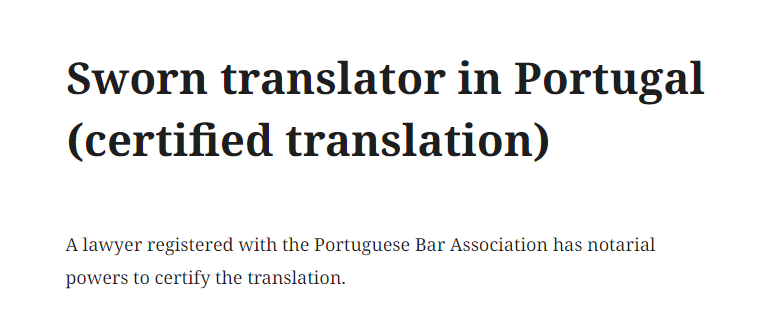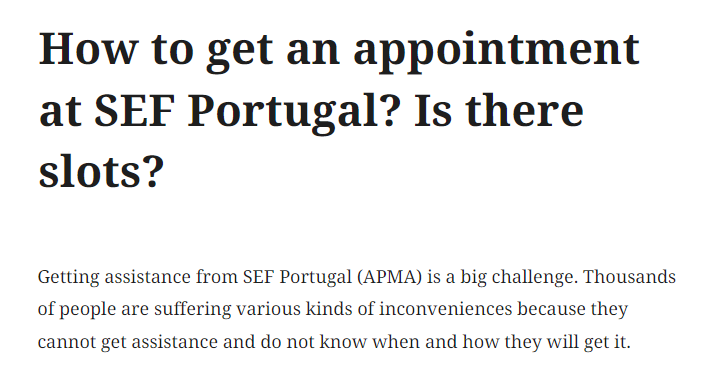Here are some of the key changes that affected English immigrants in Portugal after Brexit:
Residency Status: Before Brexit, as EU citizens, British nationals had the right to move freely and reside in Portugal without the need for a visa. However, after Brexit, British citizens are considered third-country nationals, and different residency rules now apply.
Residency Registration: British citizens who were already living in Portugal before December 31, 2020, could apply for residency under the Withdrawal Agreement until June 30, 2021. This agreement allows them to continue living and working in Portugal with similar rights as before.
New Immigration Rules: For British citizens who want to move to Portugal after December 31, 2020, new immigration rules apply. They may need to apply for a visa or a residence permit depending on their purpose of stay (e.g., work, study, retirement).
Freedom of Movement: British citizens no longer have the right to freedom of movement within the EU. This means they may face additional border checks and visa requirements when traveling to other EU countries from Portugal.
Driving Licenses: British nationals living in Portugal may need to exchange their UK driving licenses for Portuguese ones, depending on the validity period and local regulations.
It’s important for English immigrants in Portugal or those considering moving there to stay informed about the latest immigration and residency requirements, as well as any updates to agreements between the UK and the EU. The situation can evolve, so seeking advice from official government sources or legal experts is essential to ensure compliance with the current regulations.
Adriano Martins Pinheiro is a lawyer in Portugal
tags: brexit, portugal, england, british immigrants .





